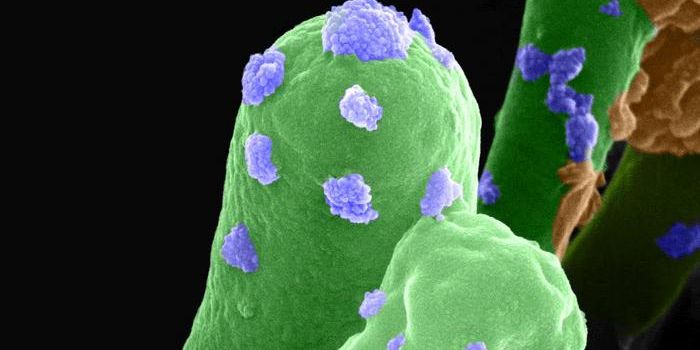A Parasitic Lung Disease is Emerging in the Southeast US
Researchers have discovered that brown rats living near Atlanta, Georgia are carrying a parasite called rat lungworm, or Angiostrongylus cantonensis. The parasite can cause rat lungworm disease, which leads to inflammation in the brain (encephalitis) or the linings around the brain (meningoencephalitis) in humans and pets. The parasite first showed up in the United States in Hawai'i, followed by Texas, Louisiana, Alabama and Florida, probably as it moved on ships along trade routes. It is likely now spreading throughout the Southeastern United States.
The parasite is normally found in Asian snails, and has not been endemic to the US before this. People usually contract the parasite after eating exotic snails. Rats that are infected can also release the parasite in their feces, and if a person comes into accidental contact with the parasite, they can be infected.
In this study, the researchers analyzed samples from 33 wild brown rats that had been found deceased in the area of an Atlanta zoological facility. Around 20 percent of the rats had signs of some type of parasitic worm infection in their brains, hearts, and pulmonary arteries. The exact same strain of A. cantonensis was found in four samples. This led the investigators to conclude that the parasite has been introduced to the Southeastern United States, and is now established there and spreading among rats.
Because the parasite has also been found in several neighboring states, the scientists noted that populations of A. cantonensis have probably been in Georgia for a long time, and before 2019 when the first parasite-infected rat was found. Parasitic infections have also been revealed in captive wildlife that lives in the Southeast, as well as in a red kangaroo kept in Mississippi.
Although human infections with the parasite are rare, the presence of A. cantonensis does pose a potential threat to people and animals, the study noted. Doctors and veterinarians should consider parasitic infection as a possible diagnosis if they encounter any patients with meningoencephalitis.
The study suggested that the spread of the parasite may be due to a variety of factors, including alterations in the food chain that have been caused by climate change, which has led to the introduction of novel species of snails that harbor the parasite. Human activity, like shipping that moves infected animals all around the world, is likely another cause, they added.
Sources: Emerging Infectious Diseases, CDC









